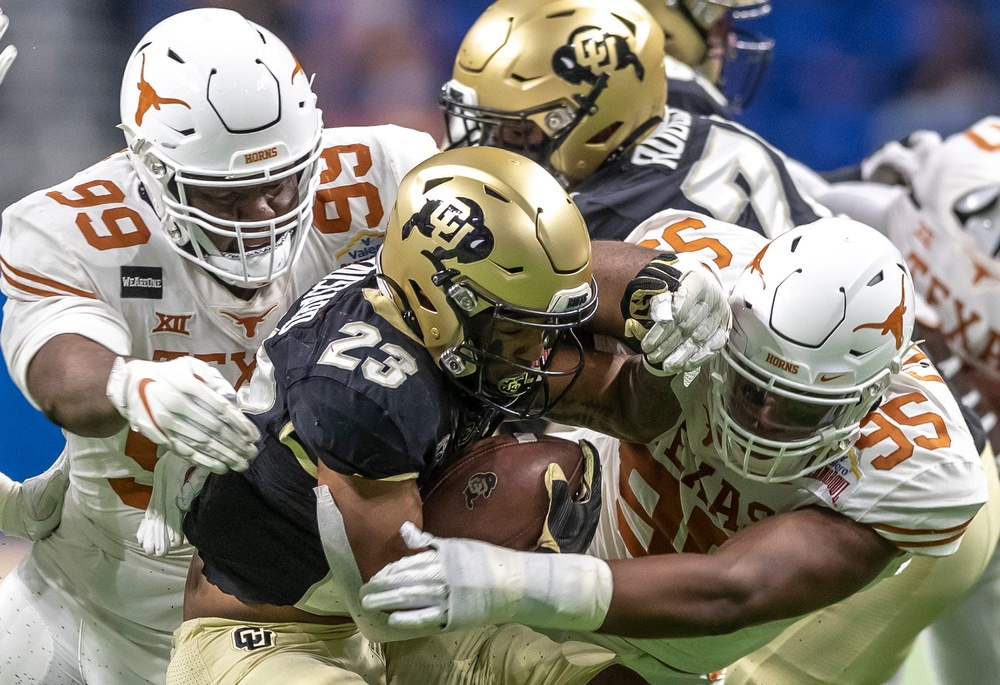A shift in college sports history just happened. On Friday, June 6, Judge Claudia Wilken approved a settlement in the House, Hubbard, and Carter antitrust cases. This cleared the way for schools to start paying athletes directly from July 1. One analyst thinks the House settlement is a step toward leveling the playing field, giving athletes long-overdue recognition and compensation.

Top 2 Reasons the House Settlement Could Revive College Football, According to Analyst
The long-awaited House v. NCAA settlement was finalized, and it’s expected to be a game-changer for CFB. Soon, programs will be allowed to pay athletes directly, with top Power Four programs projected to shell out $14–16 million each year.
New roster limits are in place, and a centralized clearinghouse will now oversee the fair market value of NIL deals. The overhaul aims to bring structure and stability to a chaotic landscape and avoid future legal battles.
So, is the wild west era of college sports finally over? An analyst believes this could be the turning point (from 2:40 onwards).
“NIL was legal, players were getting paid. There were no rules, there was no oversight, and there was no transparency. Which, I think, as a college football fan, was the most frustrating part,” “ROC Boys Football” analyst said.
“…We weren’t really sure what these deals looked like. We weren’t sure how much money was changing hands. In this new model, there’s a little bit more transparency, and there are a little bit more rules and regulations going on. And I think that is by far the best part.”
How does the NCAA House settlement bring transparency to college football? Under the agreement, any NIL deal exceeding $600 must be submitted to an independent clearinghouse, overseen by Deloitte, for fair-market-value review. This ensures that deals have a legitimate business purpose rather than serving as pay-for-play.
A public database called “NIL Assist” will log third-party NIL deals and allow athletes to rate service providers, adding another layer of accountability.
KEEP READING: Alabama AD Greg Byrne Drops Truth Bomb on NCAA House Settlement
Schools must also report all revenue-sharing distributions and NIL payments, which will be audited. Enforcement falls to a newly formed committee that can penalize schools or athletes for violating caps or hiding payments.
With these changes, the era of vague and unregulated NIL activity is giving way to a more structured, monitored, and transparent system, making this the clearest and most accountable model college sports have seen.
College Sports Network has you covered with the latest news, analysis, insights, and trending stories in football, men’s basketball, women’s basketball, and baseball!

